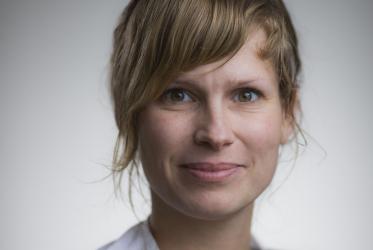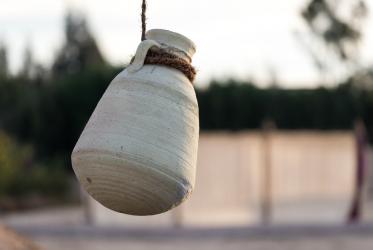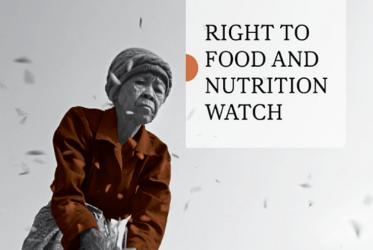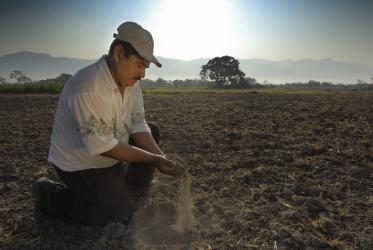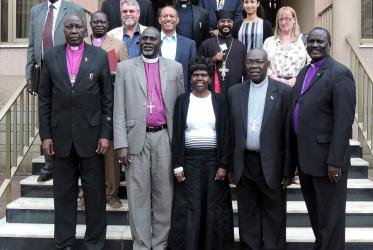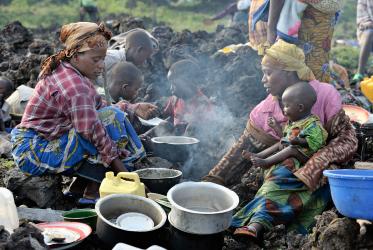Displaying 181 - 200 of 202
10 May 2017
WCC Executive Committee issues statement on climate justice
25 November 2016
WCC offers food for thought as “Food Week” approaches
03 October 2016
Tveit on the “Ten Commandments” of food
26 January 2016
New video presents Ecumenical Advocacy Alliance’s call to action
13 January 2016
Consultation considers right to food in context of climate change
15 December 2015
COP21: how climate change affects access to our daily bread
09 December 2015
Faith leaders urge action at UN climate talks
02 December 2015
No place for hunger in a world of abundance
02 October 2015


